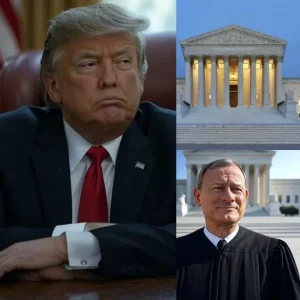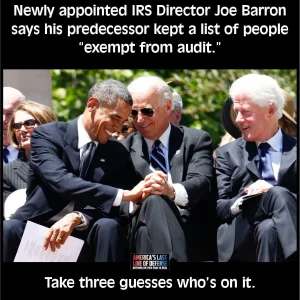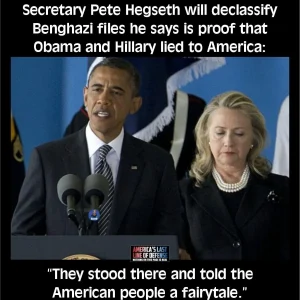Recent reports have ignited a firestorm of controversy as President Donald Trump publicly criticized former President Joe Biden for allegedly using an autopen to sign official White House documents, including executive orders and pardons. The accusations, amplified by the Heritage Foundation’s Oversight Project, suggest that Biden’s reliance on an autopen—a mechanical device that replicates signatures—raises questions about his mental acuity and the legitimacy of his administration’s actions. Trump has seized on these claims, arguing that the use of an autopen for significant documents like pardons is “disgraceful” and potentially invalidates them. The debate has stirred fierce reactions, with conservatives questioning who truly controlled Biden’s presidency, while legal experts and historians note that autopen use is a longstanding practice among U.S. presidents.
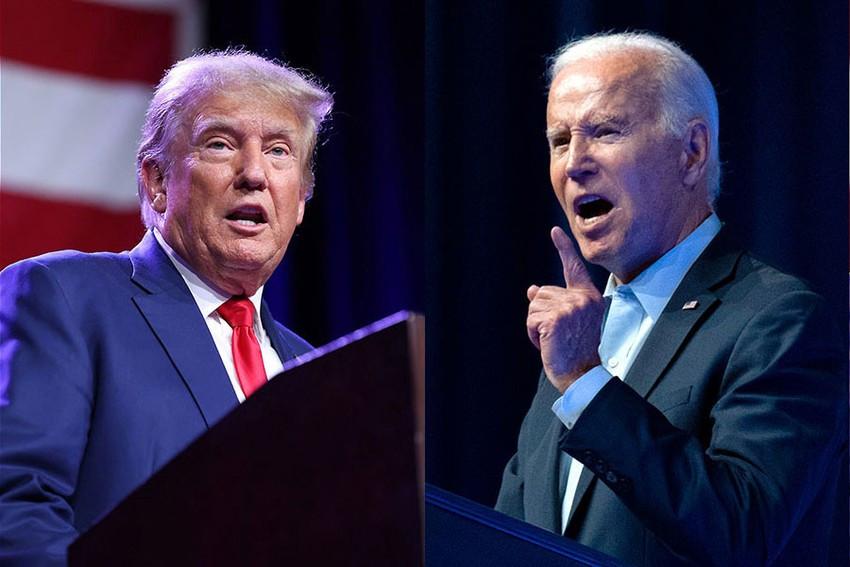
The Oversight Project’s report, released in March 2025, claims that nearly every document bearing Biden’s signature during his term, except for his 2024 campaign withdrawal letter and a pardon for Hunter Biden, used an identical autopen signature. Fox News corroborated this, examining over 20 executive orders from 2021 to 2024, all showing the same signature. However, the same analysis revealed that Trump’s signatures on 25 executive orders across his two terms were also identical, suggesting autopen use. Trump’s administration, according to a memo by Staff Secretary William Scharf, restricted autopen use to non-presidential documents or multiple copies, only after Trump’s personal approval. Trump himself admitted to using it for minor correspondence, like letters to young people, but condemned its use for critical actions.
Legal experts dismiss Trump’s claim that autopen-signed documents, particularly pardons, are void. A 2005 Justice Department opinion states that a president need not personally sign bills for them to become law, allowing subordinates to use an autopen under direction. The Constitution does not require handwritten signatures for pardons, and precedents from 1929 and 2024 affirm their validity even if signed mechanically. Barack Obama was the first to use an autopen for legislation in 2011, and presidents like Harry Truman and Lyndon Johnson openly employed it. Biden’s team, per CNN, rarely used the autopen, often flying bills to him for in-person signing, though a 2024 FAA funding bill was signed via autopen.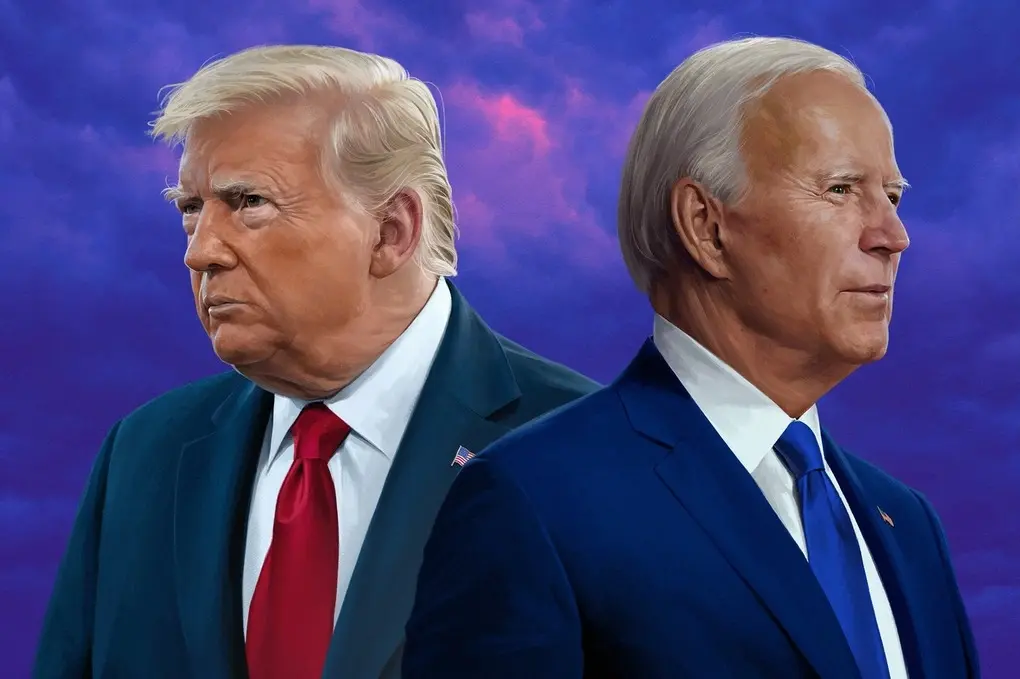
The controversy ties into broader conservative narratives about Biden’s cognitive decline, fueled by incidents like his 2024 debate performance and House Speaker Mike Johnson’s claim that Biden forgot signing an energy export order. Missouri Attorney General Andrew Bailey demanded a Justice Department probe into whether unelected staff exploited Biden’s alleged incapacity. Yet, no evidence supports claims that Biden was unaware of signed documents. Trump’s attacks, including a Truth Social post declaring Biden’s pardons “void,” appear more political than legally grounded, targeting figures like the January 6 committee members.
The autopen debate underscores deeper tensions about presidential authority and transparency. While Trump’s rhetoric energizes his base, it risks backfiring, as his own autopen use could face scrutiny. For now, the legal consensus holds that autopen signatures are valid, leaving Trump’s claims as a provocative but unsubstantiated challenge to Biden’s legacy.



